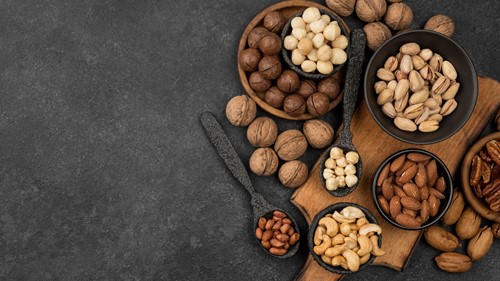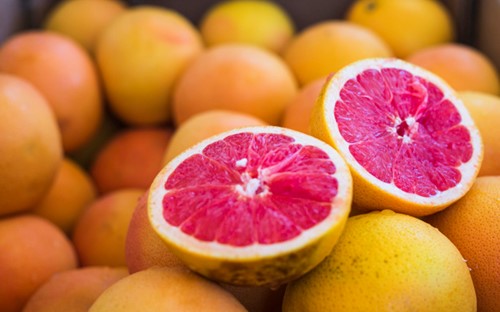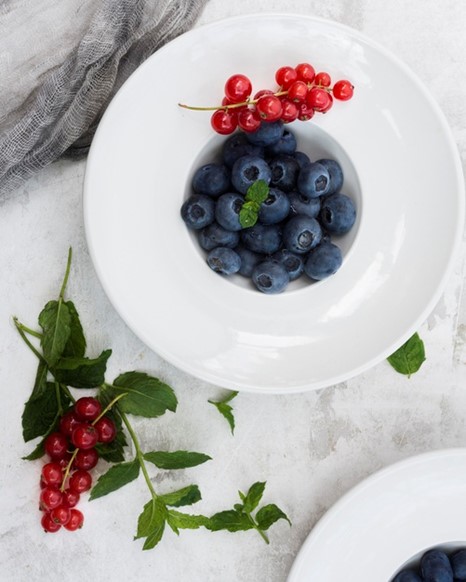The liver is one of the most important organs of our body and a good and balanced diet, with quality food, allows us to protect it from any liver disease, as well as contributing to preventing the development of other diseases that may affect it, such as obesity.
Within this group of foods that are highly beneficial for the body, fruits are among the most recommended for the liver, helping to reduce symptoms and cleanse the organ. Likewise, some fruits have components that assist in the absorption of nutrients and in the metabolization of digestive processes.
Best fruits for the liver

Nuts and Dried Fruits
Nuts are among the best fruits for the liver out there because they can be found in great variety and have valuable nutrients that can help improve the condition of the liver organ.
Most nuts are high in fiber and healthy fats, as well as omega-3, which helps with fat absorption in the body and helps control cholesterol. Another valuable nutrient in nuts that makes them good for the liver is vitamin E, for its antioxidant qualities.
All of this protects the body and liver from accumulating excess fat and the subsequent consequences this can bring, such as the development of obesity or diabetes.
In fact, in 2019 a study determined that people whose diets contain a higher percentage of nuts tend to have lower risks of suffering from fatty liver disease.
Some of the nuts that are most recommended and are also easily accessible to the majority of the population are:
- Almonds
- Walnuts
- Peanuts
- Cashew
- Hazelnuts
Although nuts are highly beneficial, they should be consumed in moderation since a small amount can be high in calories. Therefore, we recommend adding them as additions to yogurts, fruit salads, salads, and other recipes, or consuming them in whole grain granolas.

Grapefruit
Citrus fruits, for the most part, are excellent fruits for the liver, but perhaps one of the best is the grapefruit.
Grapefruit is a critical bitter-tasting fruit popular with those passionate about healthy living. This is because grapefruit has high levels of antioxidants that naturally protect the liver. The two main components are naringenin and naringin.
These antioxidants have proven to be beneficial as they help reduce inflammation in the liver and also protect its cells from possible damage, preventing fibrosis and other chronic conditions from developing.
In addition, naringenin can help reduce fat levels and stimulates fat metabolizing enzymes to burn fat faster.

Cranberries and blueberries
Cranberries and blueberries are fruits or berries that, like grapefruit, contain very beneficial antioxidants, as well as anthocyanin, which gives them their characteristic color. Blueberries also contribute to improving the immune system and the production of antioxidant enzymes.
For the absorption of these components, the fruits can be consumed whole, or their extract or juice. Blueberries in particular, or blueberry extract, have proven to be effective in reducing the development of liver cancer, although more studies are needed to determine their effectiveness.

Avocados
Just like nuts, avocados are considered another source of healthy fats and one of the best fruits for the liver. Avocados are rich in fiber as well, which helps control the feeling of hunger and helps digest food more slowly.
In addition, it is one of the most versatile fruits there is since with it you can make desserts, salads, dressings, sauces, and more.
It is important to establish that all diets vary according to the patient’s condition and other conditions that may prevent him/her from consuming any of these fruits. A good diet is usually enough to take care of the liver and our whole body, so it is always advisable to visit a nutritionist and consume fresh or frozen vegetables and fruits that provide us with the maximum of nutrients.














